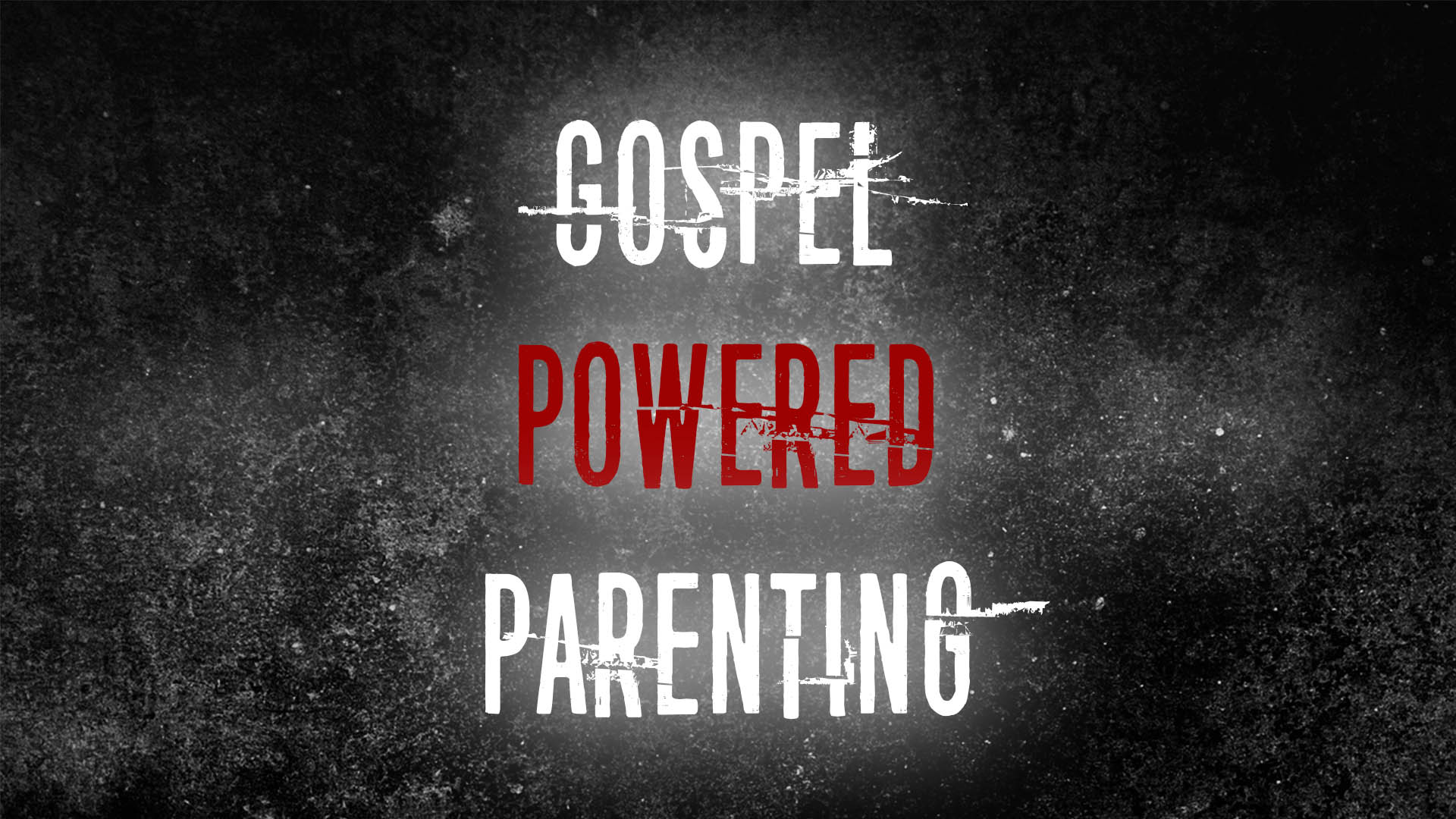Gospel Powered Parenting

One book that has greatly impacted the way that Kristy and I seek to raise our four children is Gospel-Powered Parenting by William P. Farley.
Farley’s main thesis can be summarized by a question posed on the back cover, “How can I hope to be an effective parent today when attacks on the family are stronger than ever before?” “The answer”, says Farley, “is the GOSPEL.” The author proposes that the reason Scripture says so little specifically about the mechanics of parenting is because all of the answers needed to parent effectively are found in the core truths of the gospel.
For those of us that take great comfort in the sufficiency of Scripture, Farley really strikes a chord when he writes: “I am convinced that the gospel is sufficient to answer all of our parenting questions” (p.13). With that in mind, the author uses the majority of the book to break down the key elements of the gospel while applying them to our lives as parents as well as to the lives of our children.
Prior to his dealing with the specifics of the gospel, the first chapter of the book gives five assumptions (or presuppositions) that are needed for effective parenting. In my opinion the articulation of these assumptions was worth the price of the book alone.
Here is a brief look at these assumptions:
Assumption #1: Effective parents understand that they cannot be perfect parents. In order to parent our children, we need the grace of God that comes through the gospel. We are imperfect, broken people and we need to remember our dependence on the Savior as we parent children who need the Savior.
Assumption #2: Effective parents understand that God is sovereign, but He uses means. These two truths must be held it tension. It is God alone that saves, but He uses normal means such as parents to present His gospel. Therefore, we must preach the God’s Word to our children faithfully, while also understanding that we cannot bring about their salvation. That is the work of the Lord alone.
Assumption #3: Effective parents recognize that a good offense is better than defense. His point here is that while parenting involves protection, protection should not be our primary concern. Instead, we need to focus on actively going after our children’s hearts with the attractiveness of the gospel as we teach it and live it out.
Assumptions #4: Effective parents understand new birth. This means that we understand what it looks like when conversion takes place in our children’s lives. Specifically, that we don’t equate church attendance and affiliation alone with new birth taking place. Farley makes the point that new birth is known by its fruit. Therefore parents should not presume new birth until there is evidence that new birth has actually taken place.
Assumption #5: Effective parents are not child-centered, they are God-centered. To me, this assumption speaks to one of the greatest parenting dilemmas of our time. Often times, parents idolize their children, making them the center of the family. This is to the detriment of the child; children need to see that their parents’ primary objective is to honor Christ and that their lives revolve around Him.
I’d highly encourage any Christian parent to take the time to read this book in order to have your perspective on parenting encouraged, challenged and/or refined.
More in Pastor's Blog
February 15, 2024
I Know YouJanuary 15, 2024
Waste Not Want NotDecember 15, 2023
Yours Sincerely